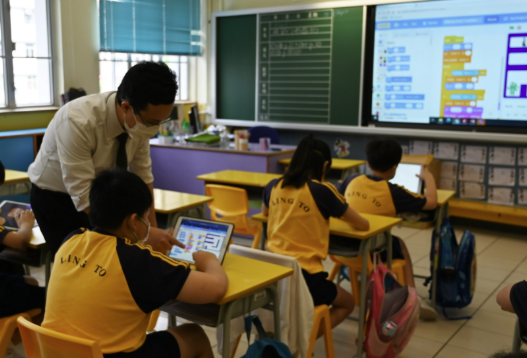As education evolves to meet the needs of a rapidly changing world, effective leadership has never been more important. The future of learning is dynamic, student-centered, and technology-enhanced. School leaders must be forward-thinking and adaptive, guiding their communities through change while maintaining a clear focus on equity, access, and innovation.
The Shifting Landscape of Education
Today’s students are growing up in a digital, globalized society that demands new skills and mindsets. The future of learning emphasizes:
- Personalized and competency-based education
- Integration of technology and digital tools
- Lifelong learning and adaptability
- Social-emotional development
- Global citizenship and collaboration
Leaders who embrace these shifts can prepare students not just for exams—but for life beyond the classroom.
The Role of Leadership in Shaping the Future
Leadership sets the tone for how schools adapt to change and reimagine learning. Key responsibilities include:
- Creating a Bold Vision: Future-ready leaders articulate a compelling vision that embraces innovation, inclusion, and continuous growth.
- Empowering Educators: Leaders build the capacity of teachers through professional development, collaborative planning, and opportunities to experiment with new practices.
- Investing in Digital Readiness: Strong leadership ensures that students and staff have access to the tools, training, and support needed for digital learning.
- Championing Equity: Future-focused leaders address opportunity gaps by providing targeted support, inclusive practices, and culturally responsive teaching.
- Fostering Student Agency: Leaders support environments where students have voice, choice, and ownership over their learning.
Strategies to Lead Schools into the Future
- Develop Future-Ready Goals: Align school improvement plans with emerging trends and skills such as critical thinking, creativity, and digital fluency.
- Encourage Innovation: Promote a culture of curiosity where educators feel safe to try new approaches.
- Build Community Partnerships: Collaborate with businesses, universities, and nonprofits to bring real-world learning into the classroom.
- Support Mental Health and Well-Being: Ensure that systems are in place to support the holistic needs of students and staff.
- Use Data to Guide Change: Make informed decisions through data analysis while remaining flexible and responsive to evolving needs.
Looking Ahead: Opportunities and Challenges
The path to future-ready learning is filled with opportunities—deeper engagement, more equitable outcomes, and better preparation for the modern world. But it also comes with challenges, including digital equity gaps, resistance to change, and evolving policy demands. Strong leadership is essential to navigate these complexities with confidence and clarity.
Conclusion
Leadership and the future of learning are inseparable. As schools prepare students for a world that is constantly changing, leaders must be visionaries, collaborators, and advocates for innovation. By guiding with purpose and embracing what’s next, educational leaders can help shape learning environments that are inclusive, forward-thinking, and truly transformative.





